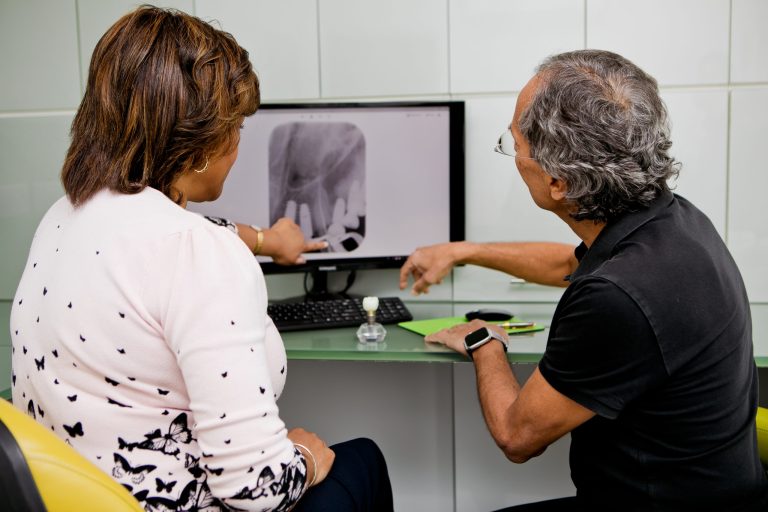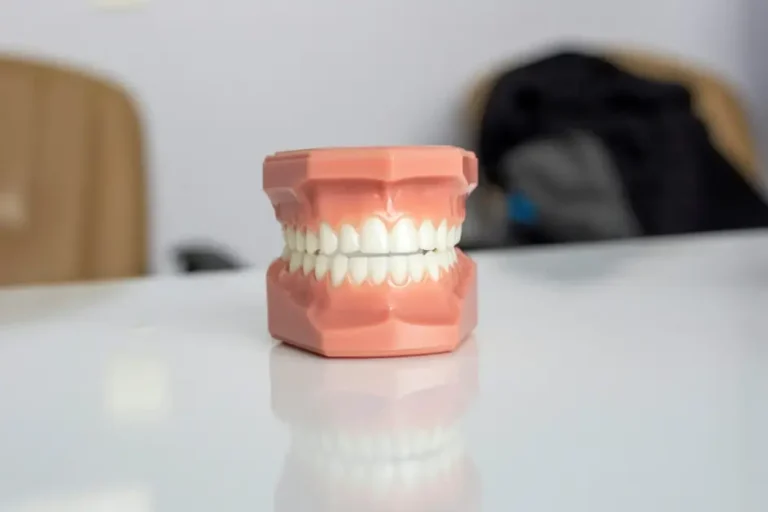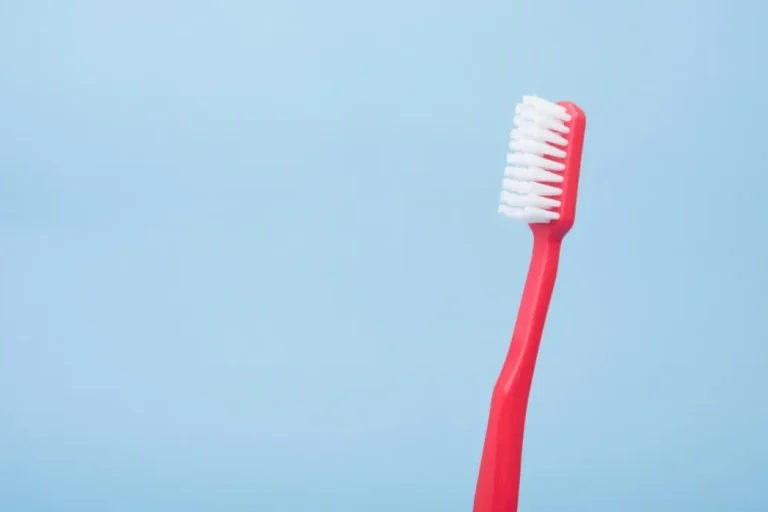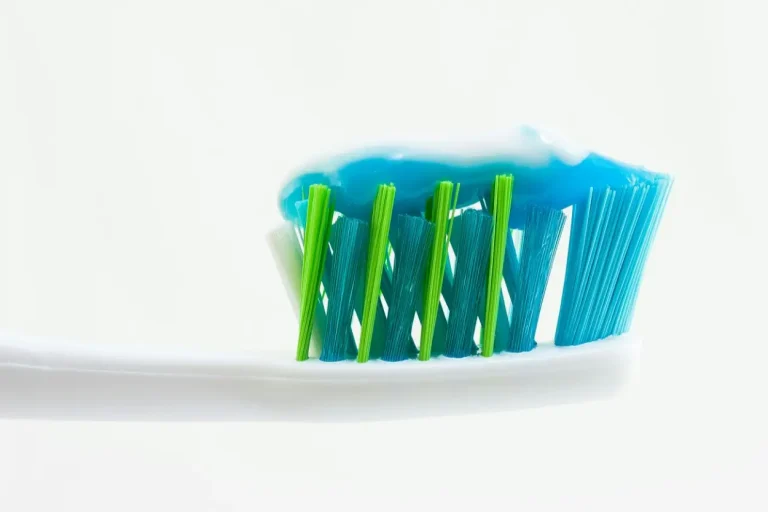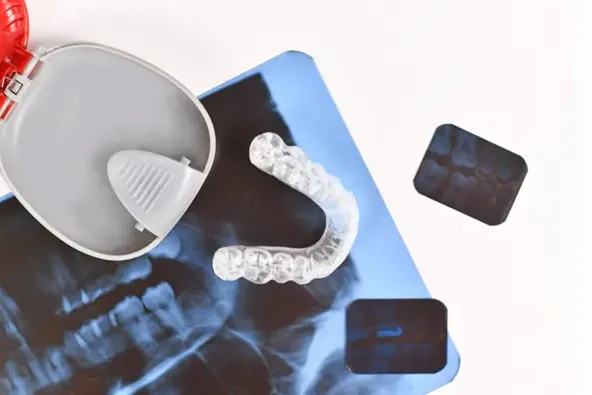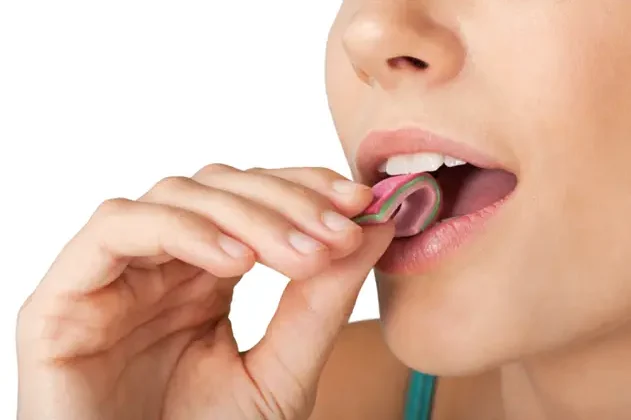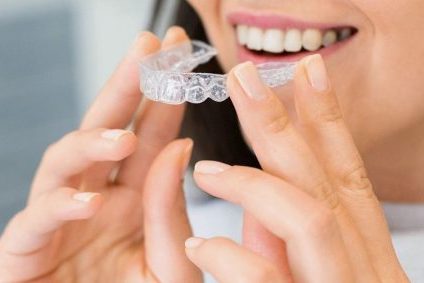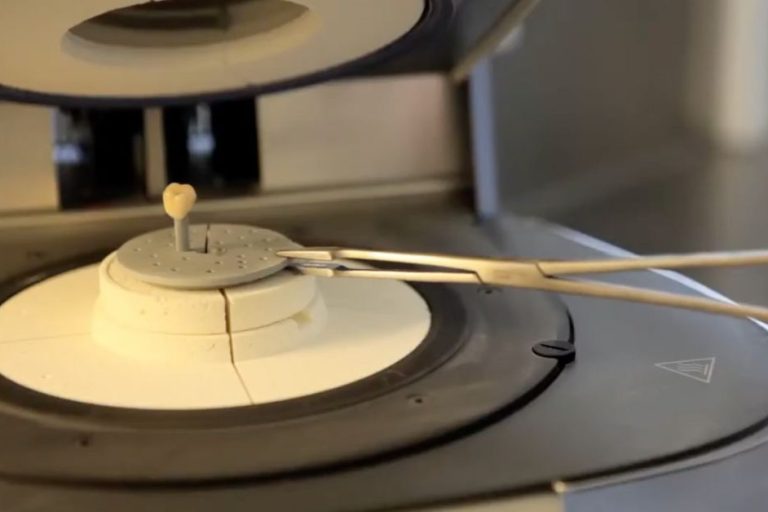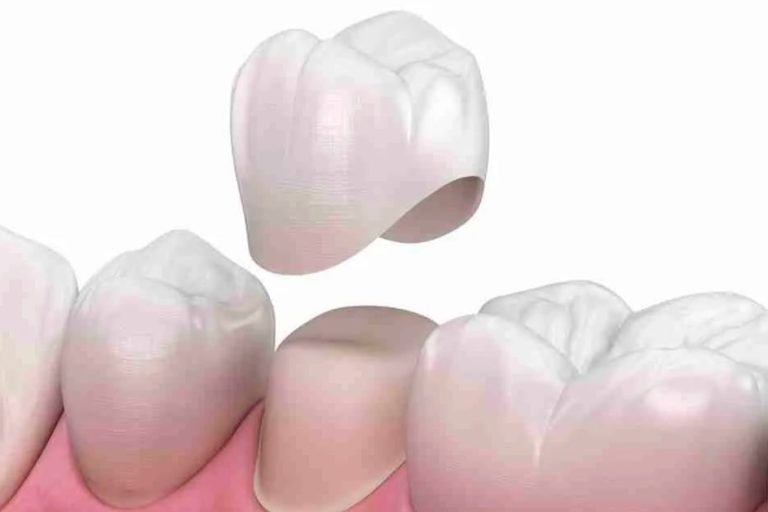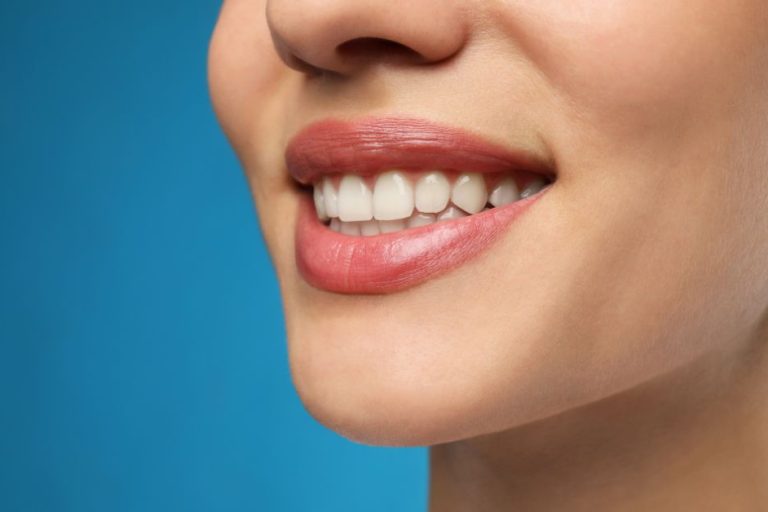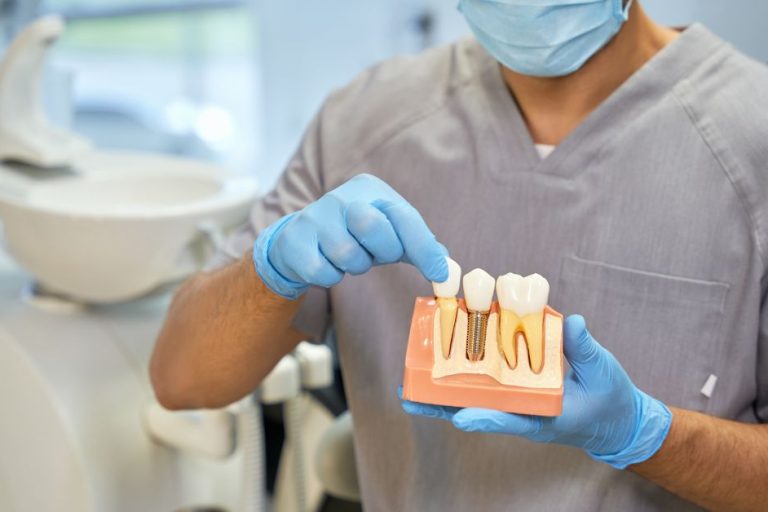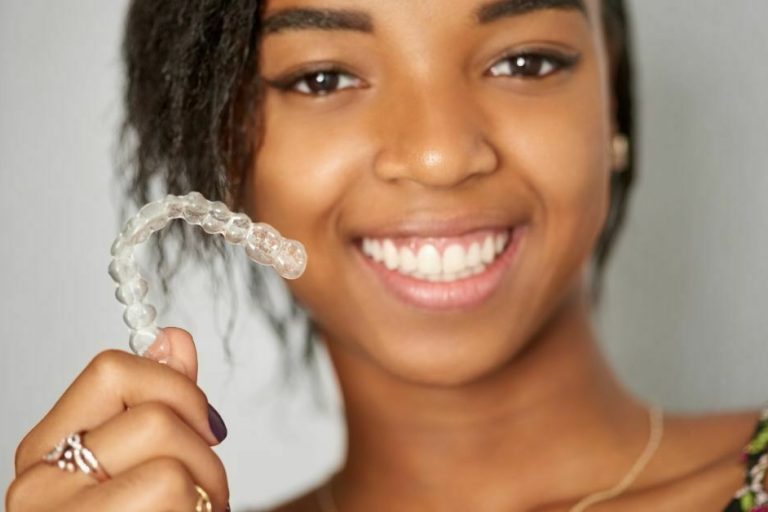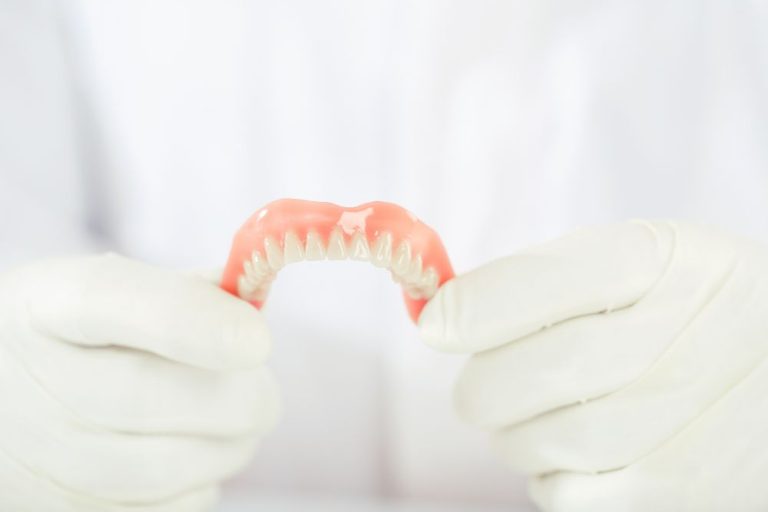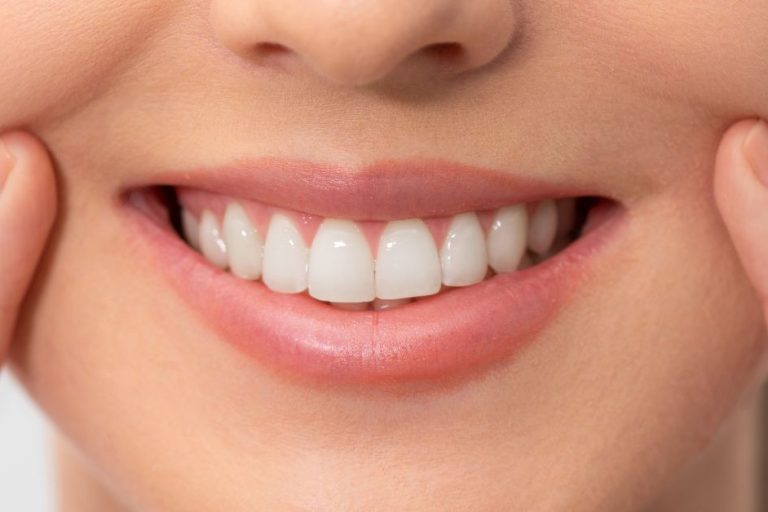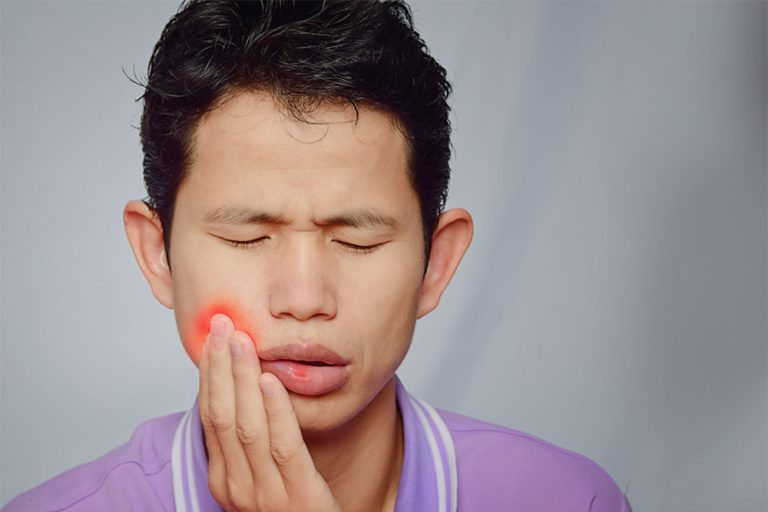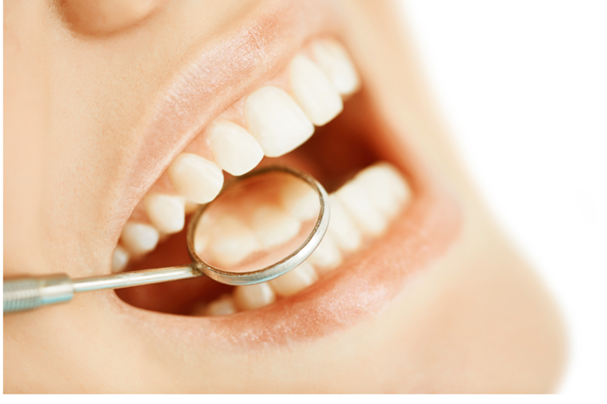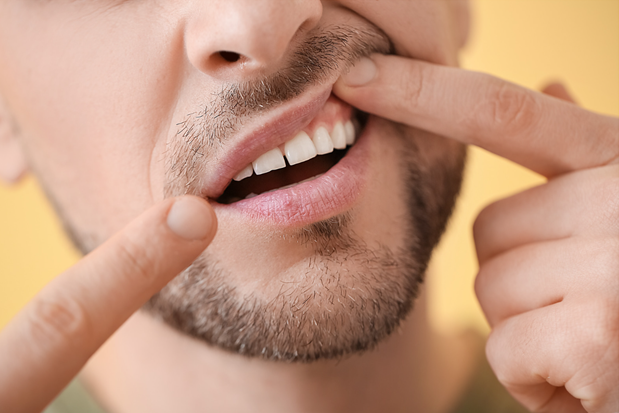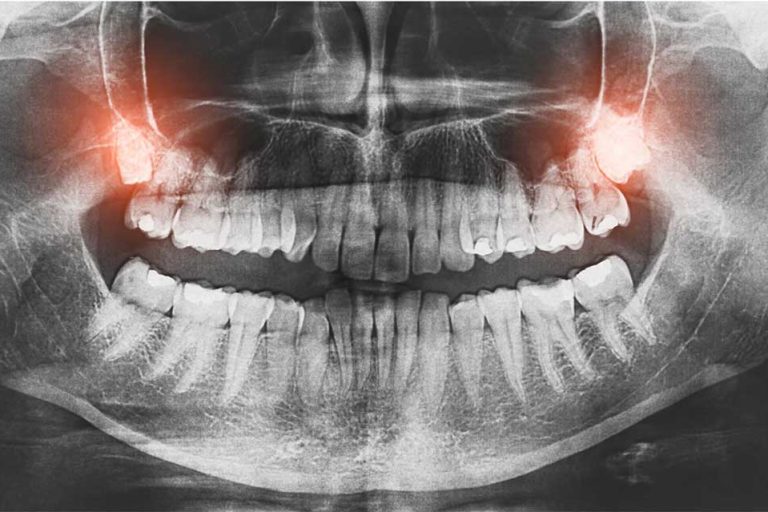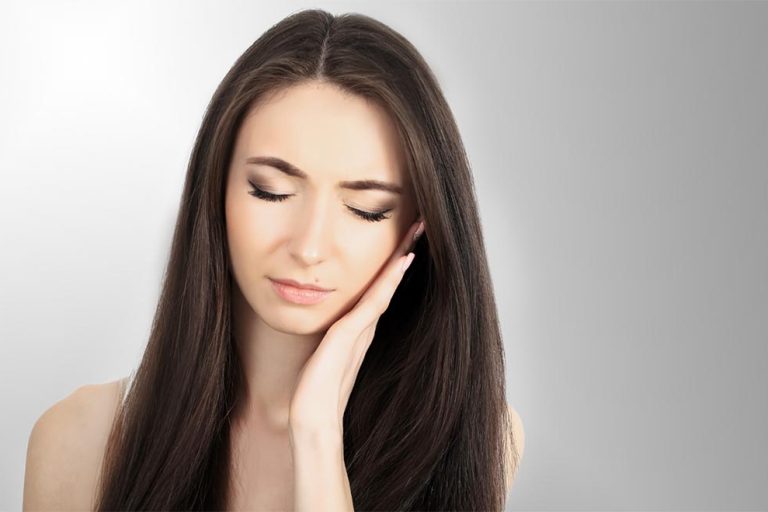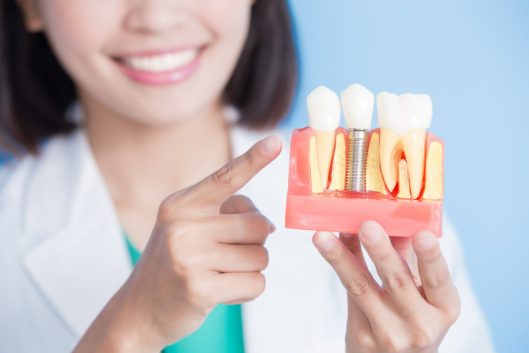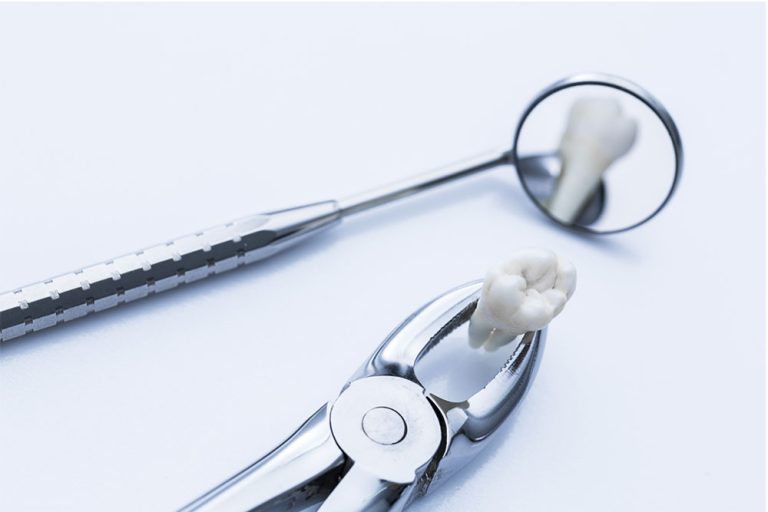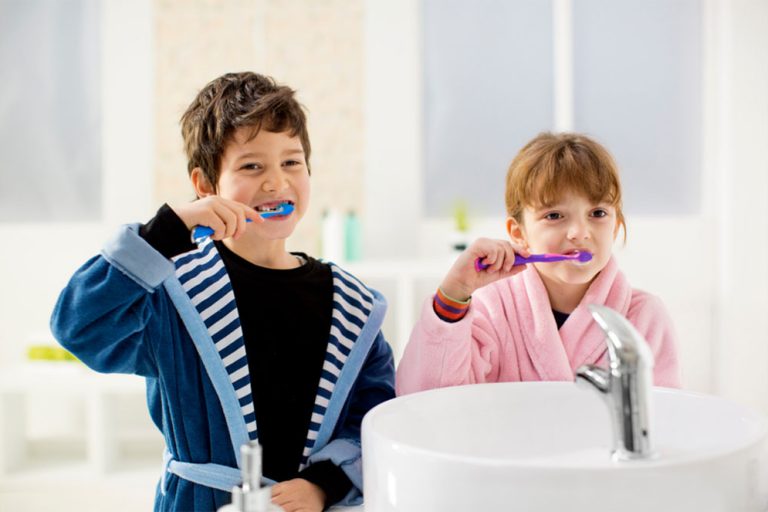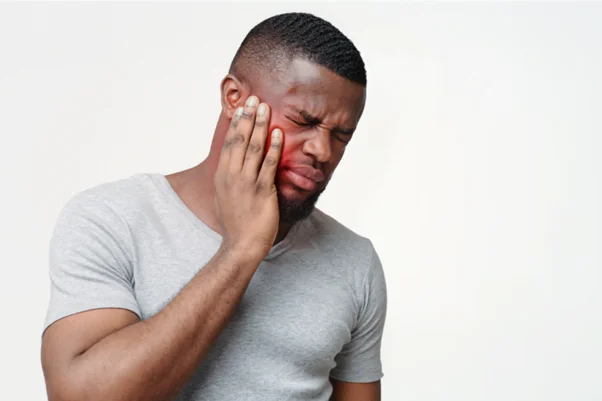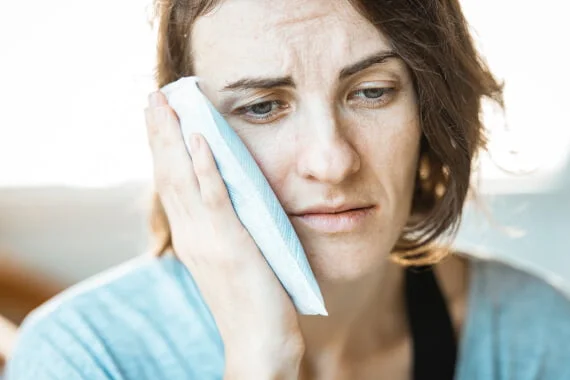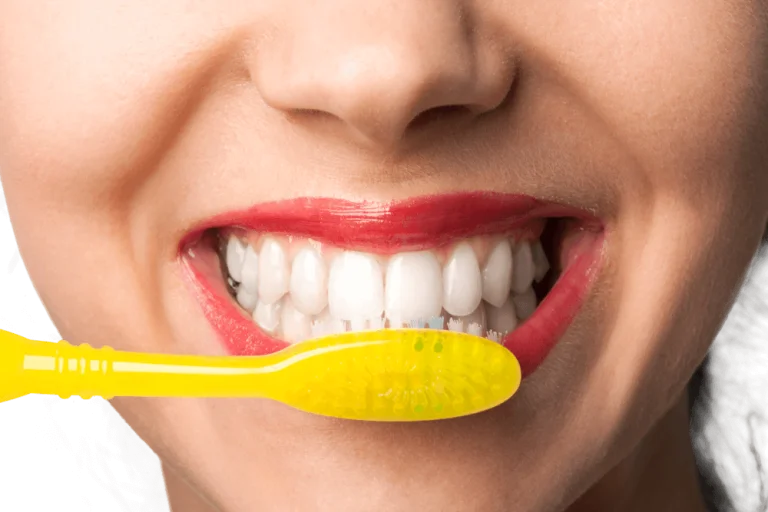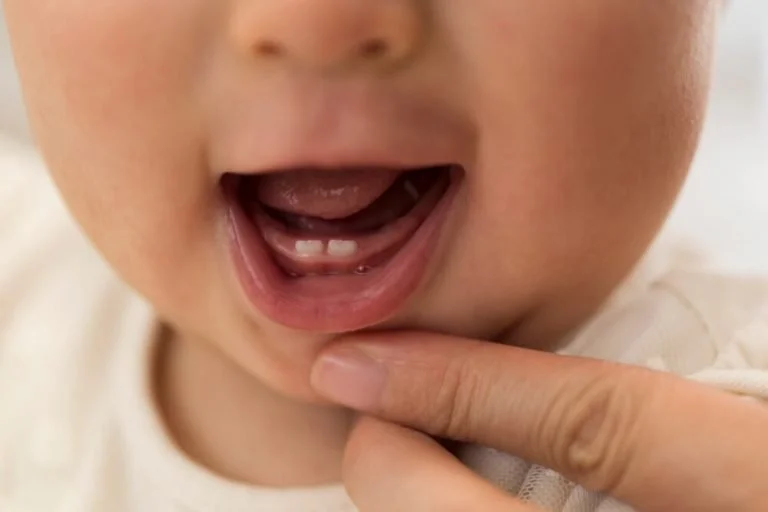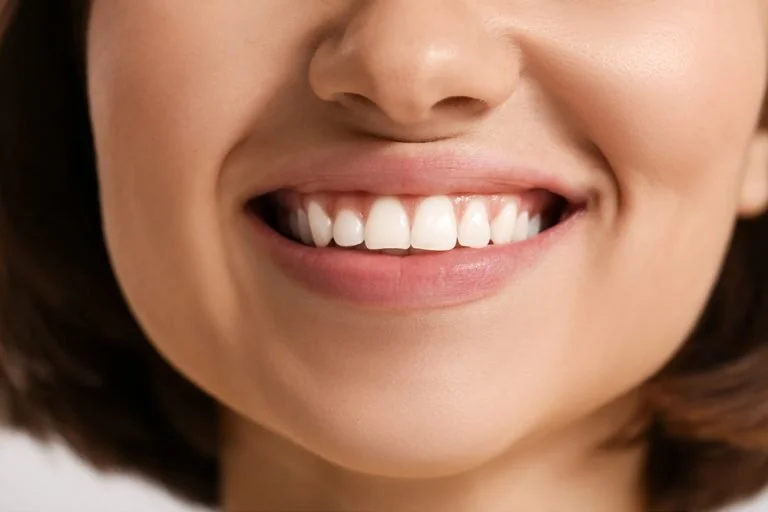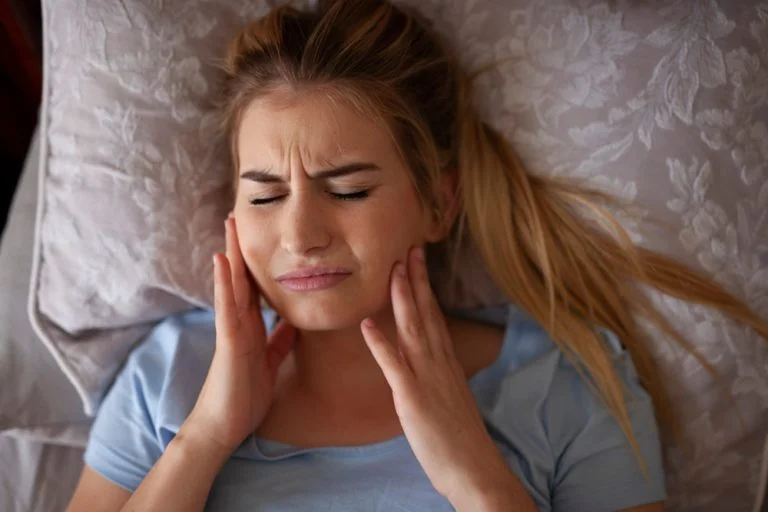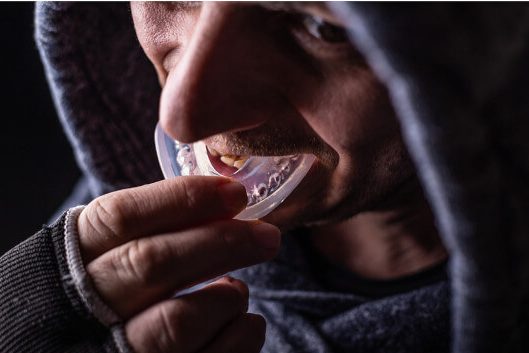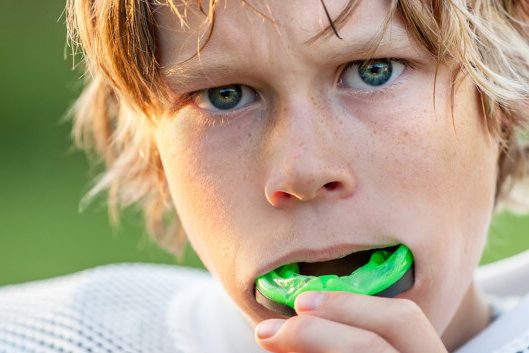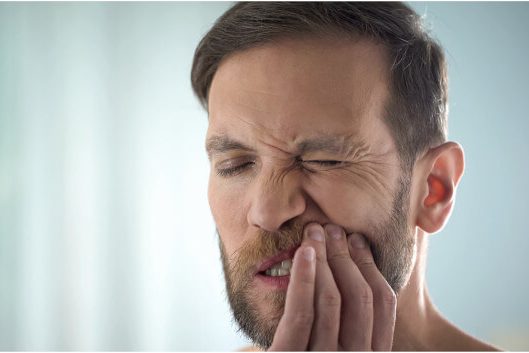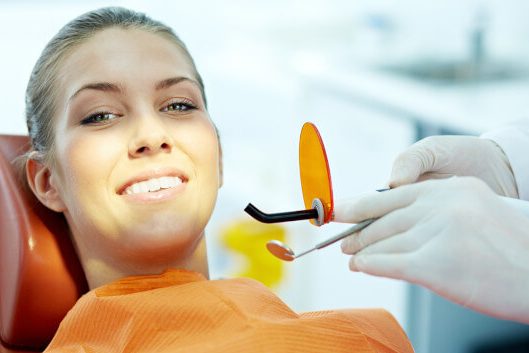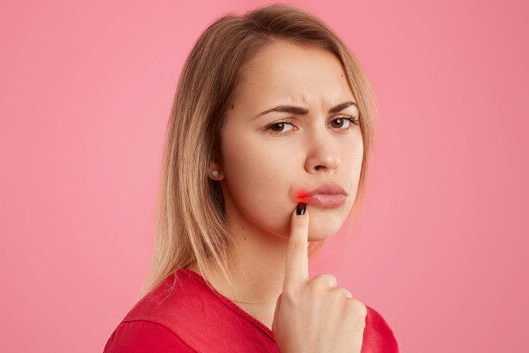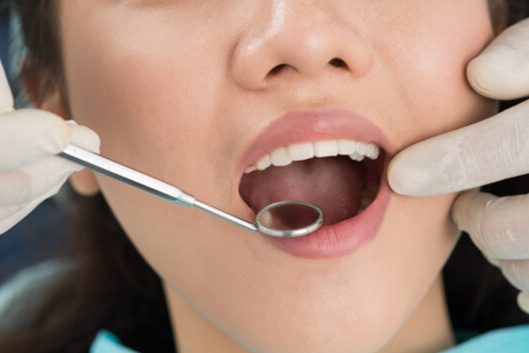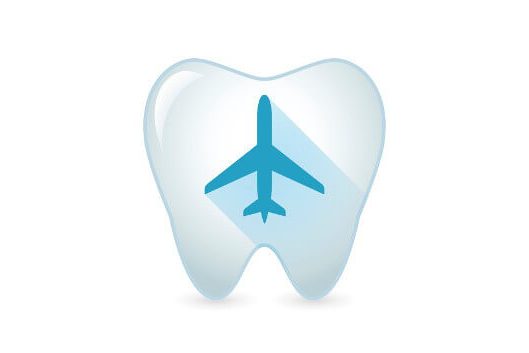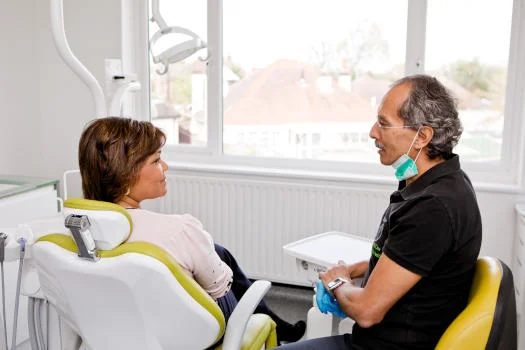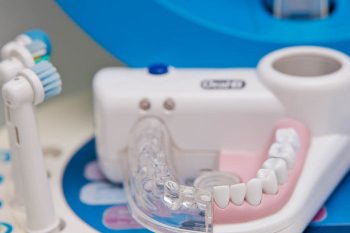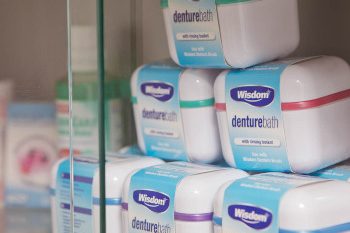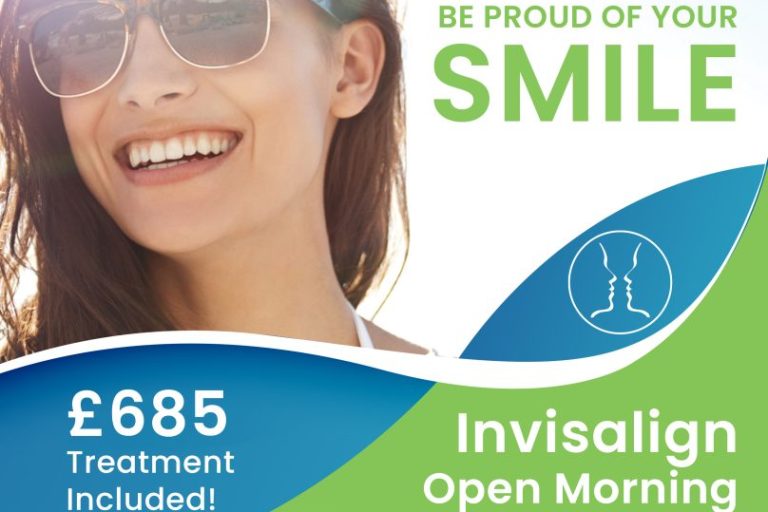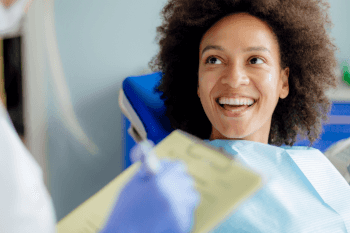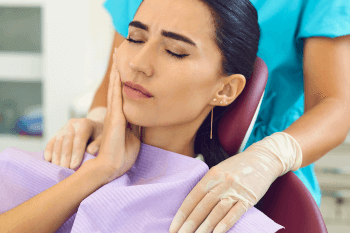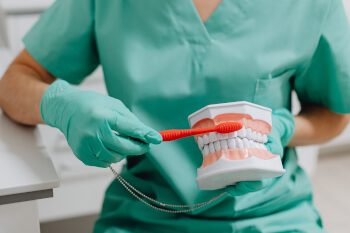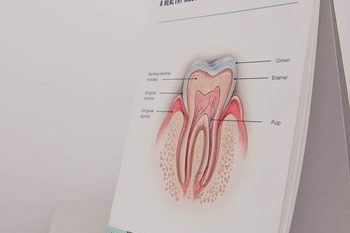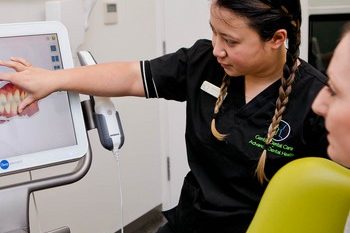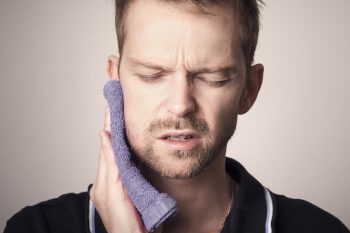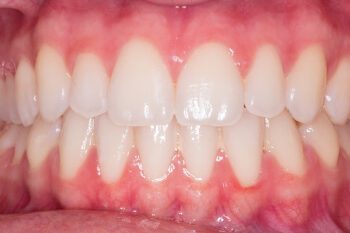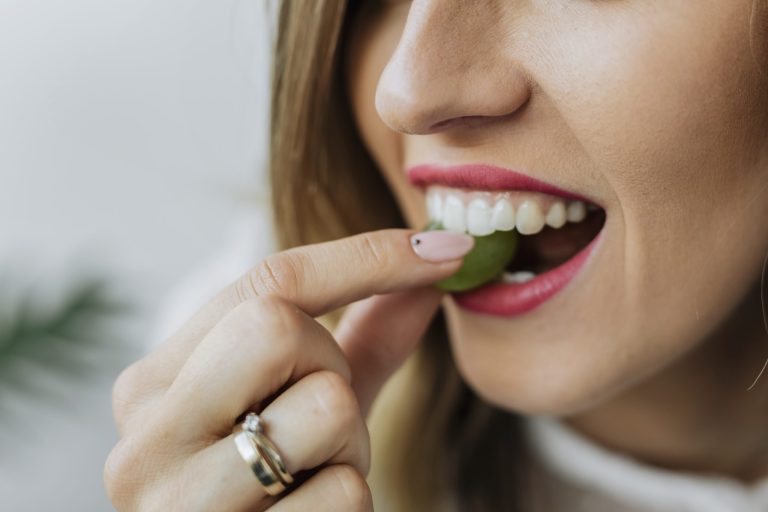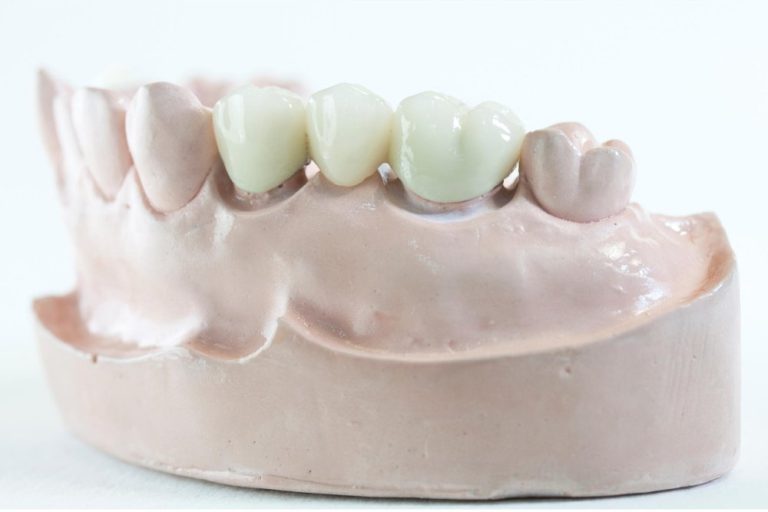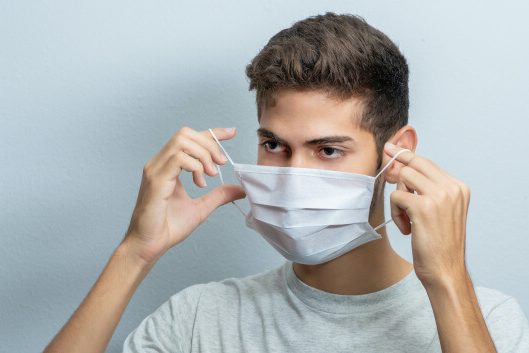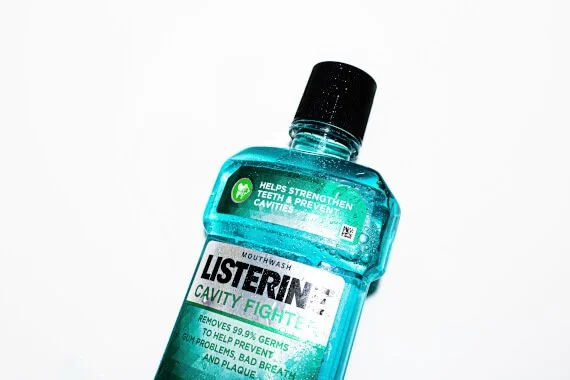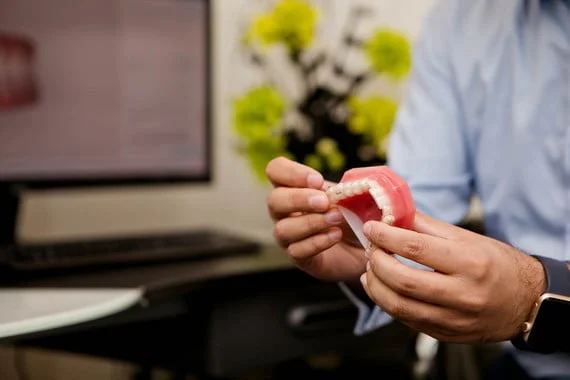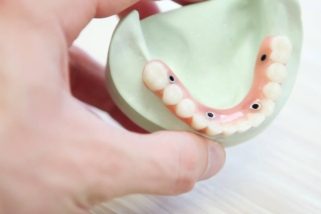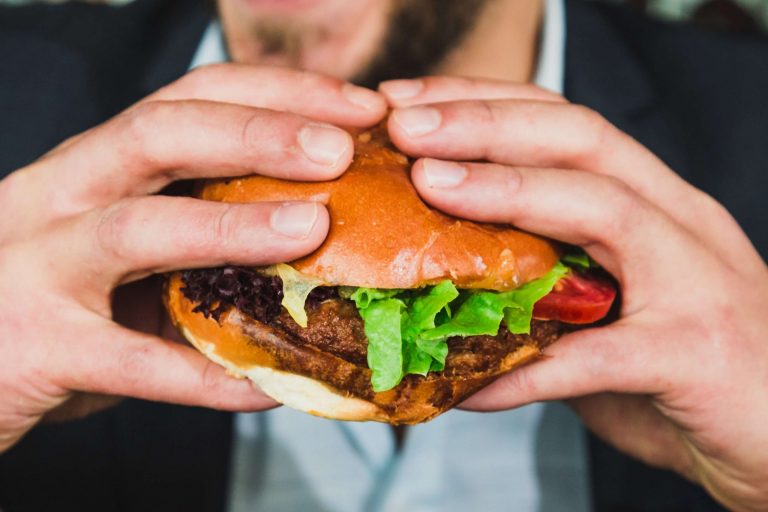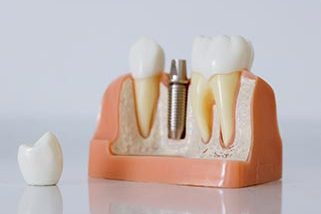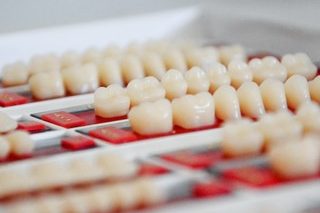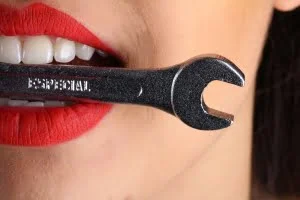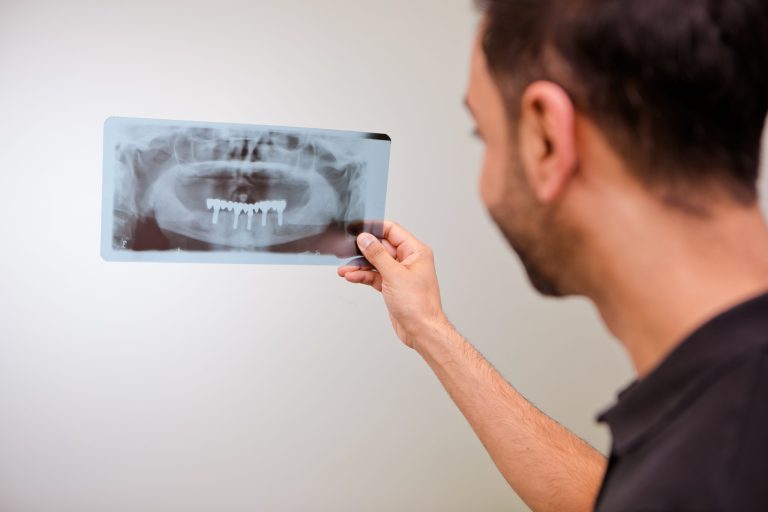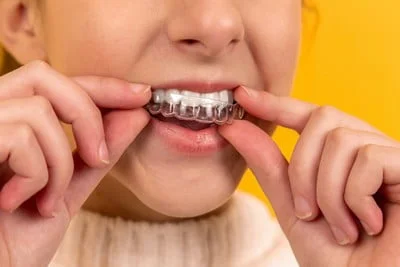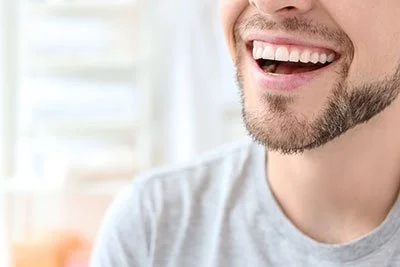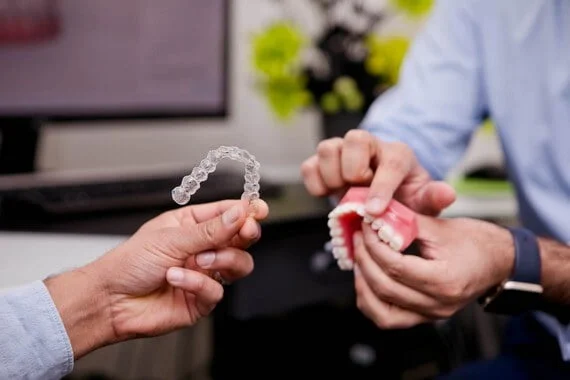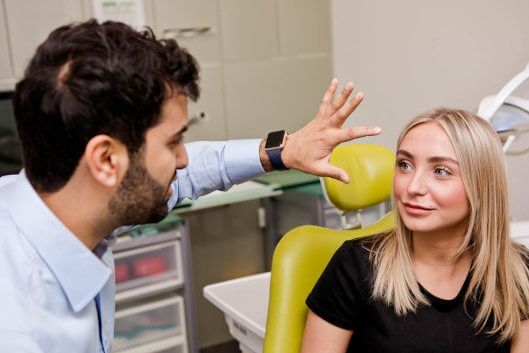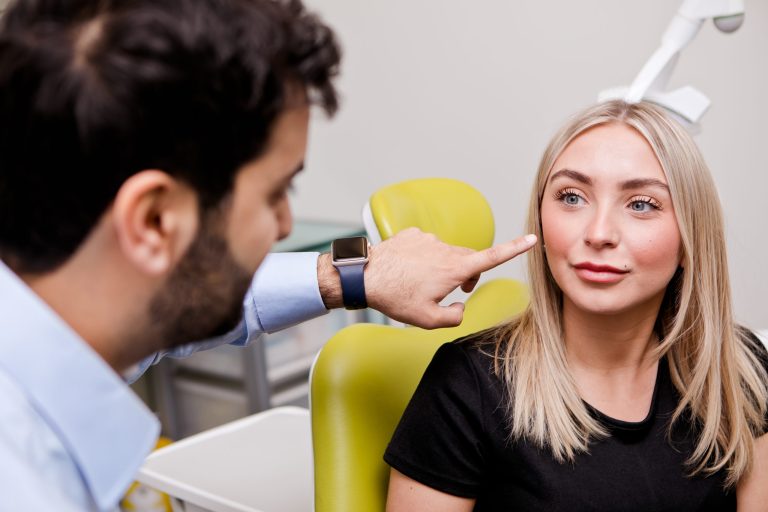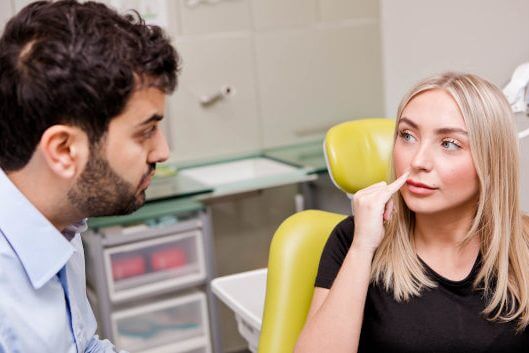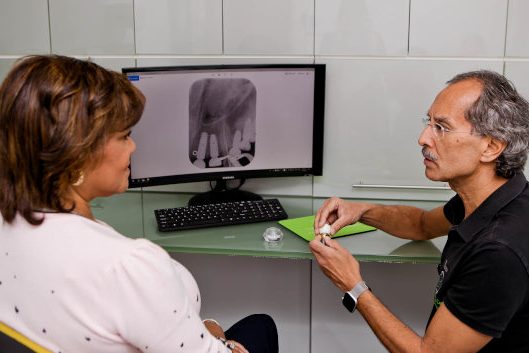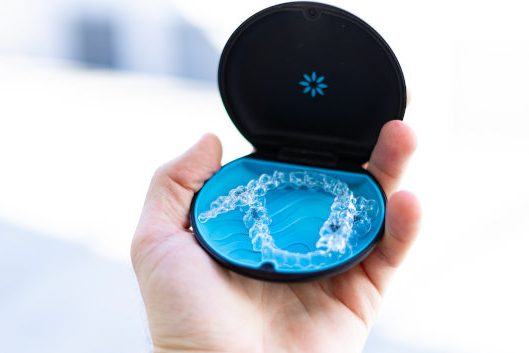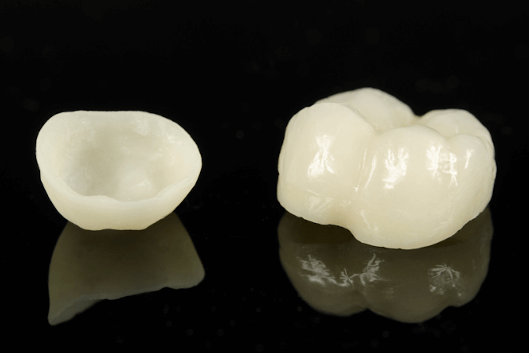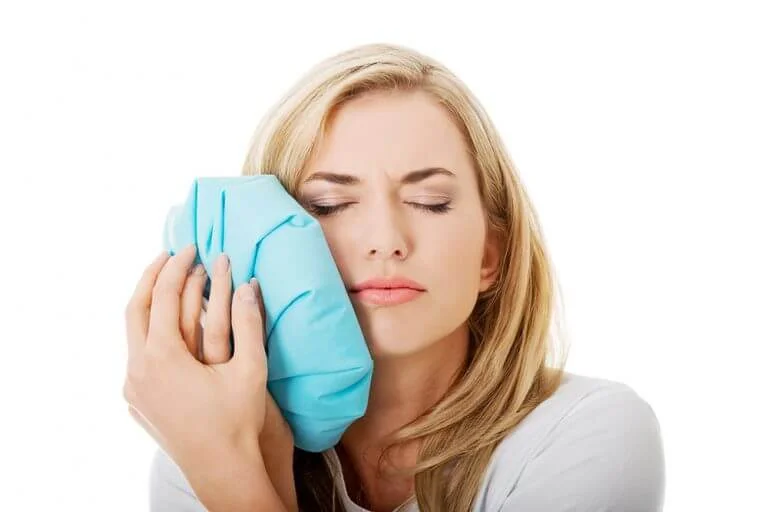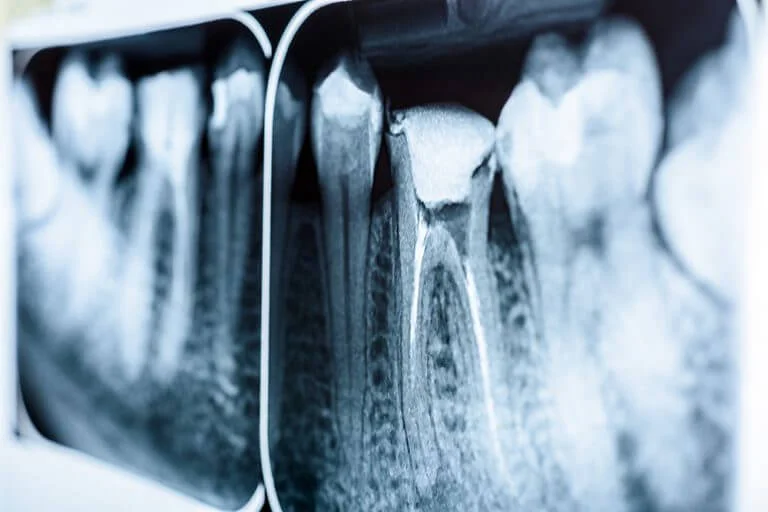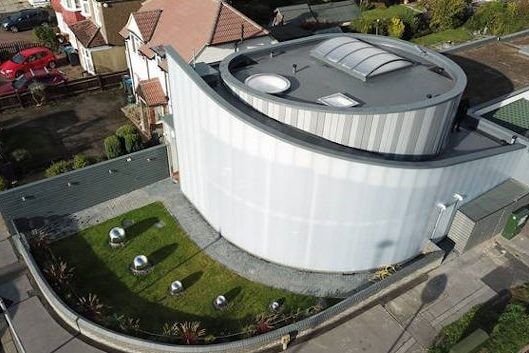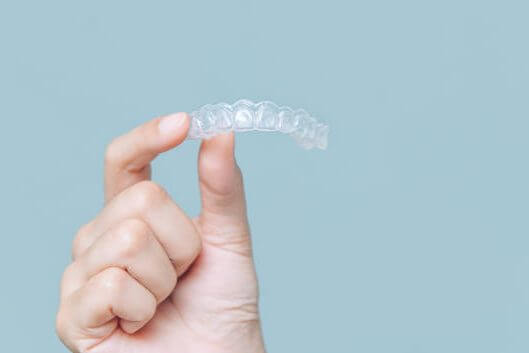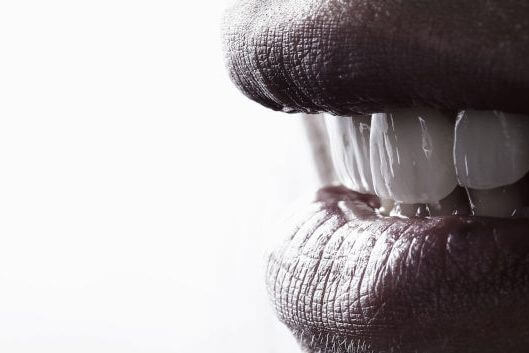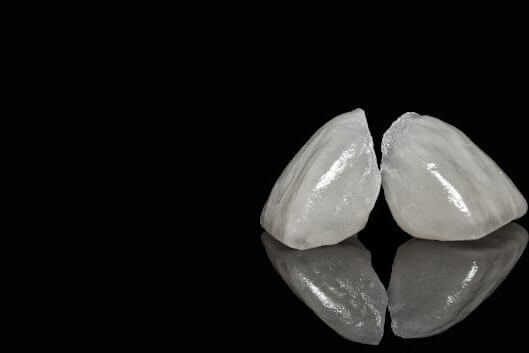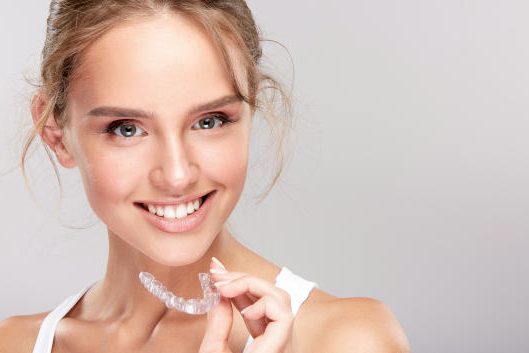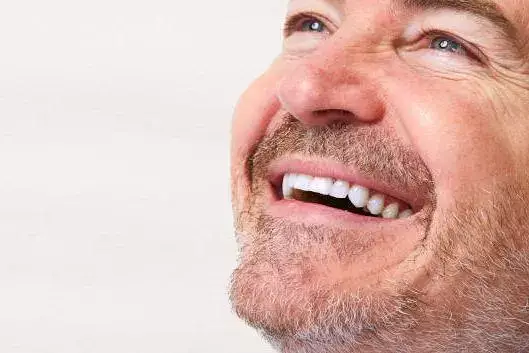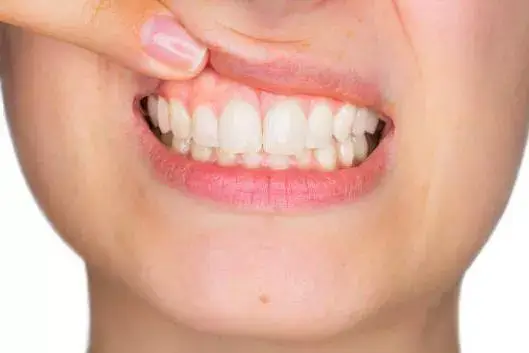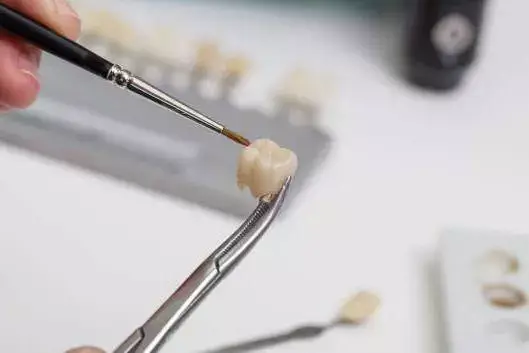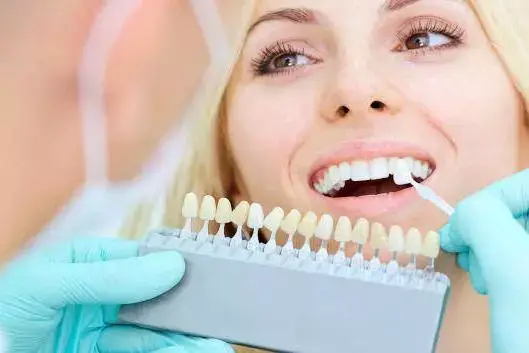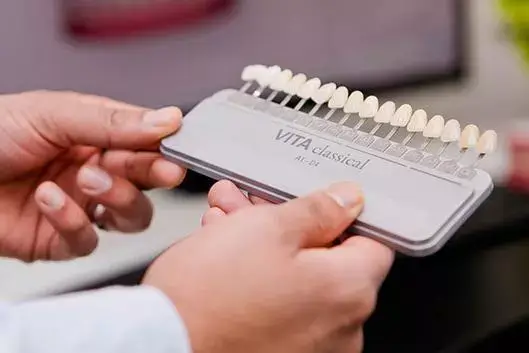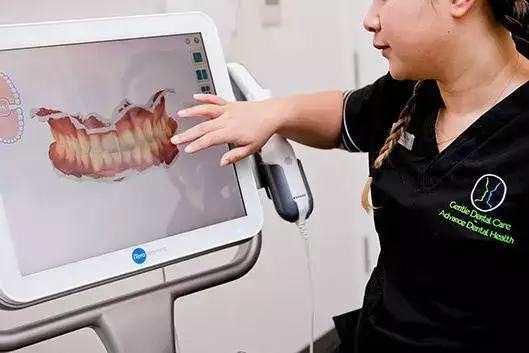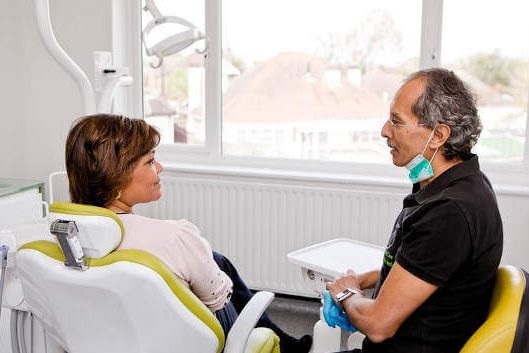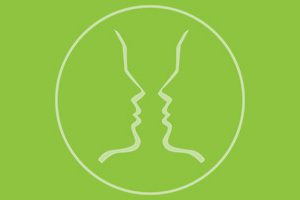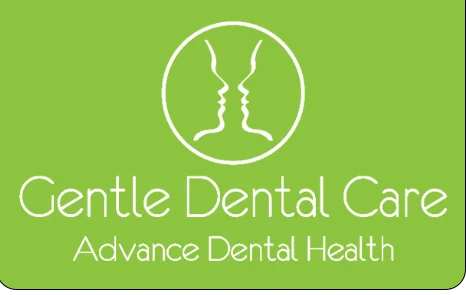Manual vs Electric Toothbrush: Which One Should You Choose?

Brushing your teeth is one of the most important habits for maintaining good oral hygiene and preventing dental problems. But how do you choose the right toothbrush for your needs? Should you go for a manual or an electric one? In this blog post, we will compare the pros and cons of both types of toothbrushes and help you make an informed decision.
What are the benefits of electric toothbrushes?
Electric toothbrushes are toothbrushes that use a battery or a charger to power a motor that vibrates or rotates the bristles. They are designed to make brushing easier and more effective by doing most of the work for you. Some of the advantages of electric toothbrushes are:
- They are more efficient at removing plaque and gingivitis, which can prevent gum disease and tooth decay.
- They are easier to use for people with limited mobility or orthodontic appliances.
- They have built-in timers and modes that can help you brush for the recommended time and customise your needs.
- They may improve your focus and experience while brushing.
What are the drawbacks of electric toothbrushes?
Electric toothbrushes are not perfect, however. They also have some disadvantages that you should consider before buying one, such as:
- They are more expensive and require battery or charging.
- They may cause more abrasion to the tooth surfaces if used incorrectly.
- They are less portable and sustainable than manual ones.
What are the benefits of manual toothbrushes?
Manual toothbrushes are toothbrushes that require you to move them back and forth on your teeth using your hand. They are the most common and traditional type of toothbrushes that have been used for centuries. Some of the advantages of manual toothbrushes are:
- They are cheaper and more accessible than electric ones.
- They give you more control over the pressure and angle of brushing.
- They are more convenient and eco-friendlier than electric ones.
What are the drawbacks of manual toothbrushes?
Manual toothbrushes also have some limitations that you should be aware of, such as:
- They require more skill and effort to brush properly.
- They may not remove as much plaque and gingivitis as electric ones.
- They may not have any features or indicators to help you brush better.
How to choose the best toothbrush for you?
The choice of toothbrush depends on your personal preference, budget, and dental condition. You should consult with your dentist to find out which option is best for you. Here are some tips to help you choose the best toothbrush for you:
- Look for a toothbrush that has soft bristles, a small head, and a comfortable handle.
- Replace your toothbrush every three to four months or when the bristles become frayed.
- Try different types of toothbrushes until you find one that suits you.
- Brush your teeth twice a day for at least two minutes, using gentle circular motions and covering all surfaces of your teeth.
- Floss once a day to remove plaque and food particles from between your teeth.
Conclusion
Brushing your teeth is an essential part of keeping your oral health in check. Whether you choose a manual or an electric toothbrush, the most important thing is to use it correctly and regularly. Clean your teeth thoroughly with your chosen toothbrush twice a day with fluoride
toothpaste is essential. You can also use mouthwash to enhance your oral hygiene, but make sure you don’t overdo it or replace it with brushing and flossing. Remember to visit your dentist regularly for check-ups and cleaning and enjoy your beautiful smile!
Call 020 3925 3846 or fill in our form to enquire about your consultation.
